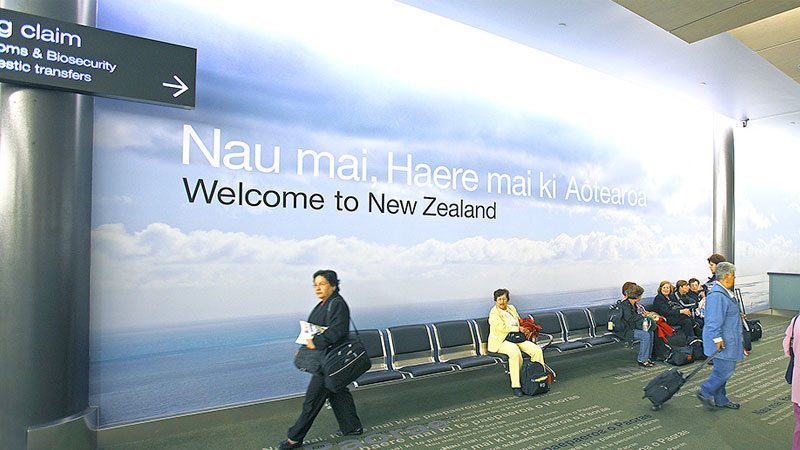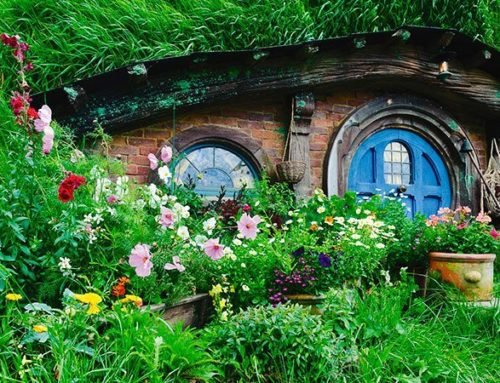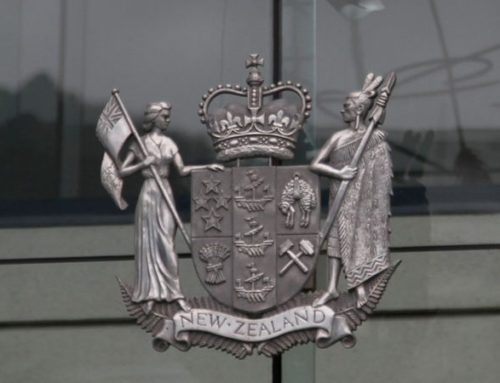When you arrive
New Zealand has strict laws to protect its agricultural industries from imported pests and diseases. If you bring in items such as food and plants, these must be declared to Customs officials. Fines for illegally importing plants, animal materials and foodstuffs are up to $500,000 and/or 12 months in prison. Items that need to be declared include:
- food, and the products and ingredients used for preparing food
- plants and parts of plants (alive or dead), including cane, straw and rattan
- animals (alive or dead), or products from animals
- equipment used with animals
- camping gear, golf clubs, hiking boots, shoes, equestrian equipment and used bicycles
- biological specimens
If you are in doubt about any items, declare them! There is no penalty for declaring items that cannot be brought into New Zealand.
Like other countries, New Zealand has strict security concerning drugs, firearms and other dangerous goods.
The Airport and the City
Most New Zealand banks have branches at international airports with comprehensive foreign exchange facilities.
Free accommodation brochures, maps and city guides are available from self-service information booths. Hotel and motel bookings can also be made by freephone from the airport.
You can get from the airport to the central city by taxi, airport bus or a fixed price shuttle van that will drop you off at your destination. Taxis have reliable meters that calculate the fares – bargaining and tipping are not practiced. The taxi driver can estimate the likely cost for you but airport buses and shuttle vans are significantly cheaper and just as reliable. All cities have bus and taxi services plus Wellington has an extensive commuter train system.
A good range of fresh food is available from local supermarkets, and moderately priced cafes and restaurants are plentiful. Motels also have cooking facilities where you can make your own meals. All New Zealand tap water is safe to drink and most is of very high quality.
Shops and supermarkets are similar to those in most Western countries. New Zealanders use the word “dairy” to refer to small local shops that sell ice creams, sweets, newspapers, magazines and some basic grocery items. Late night shopping is common on Thursday and Friday evenings while most shops are open Saturday mornings and malls are open all weekend. Many supermarkets are open until late in the evening and some stay open 24 hours, 7 days a week! Shops such as takeaway food outlets and petrol stations are also open extended hours.
Telephones
Public telephone booths are usually located in town centres and suburban shopping areas. Very few are coin-operated, some accept credit cards but most require pre-purchased phone cards. These are available in a range of values from $5 to $100 and can be purchased from most supermarkets, newsagents, dairies and other shops. If you cannot find a number, the Directory Service (dial 018) can help.
Time
All parts of New Zealand operate in the same time zone.
Opening a Bank Account
Opening a bank account is easy – you do not need to be a resident of New Zealand, or provide references. Most banks will have an account operating for you within 10 days or sooner. You will need to give the bank a permanent address, either residential or a post office box or private bag as a hotel or motel address is not acceptable.
If you want to open a cheque account, the bank will need identification, such as your passport or driver license, and a deposit – usually about $200. When paying by cheque, it is normal to show identification such as a driver licence, credit card or passport.
NZ banks offer a range of services that include personal loans, home loans, insurance, investment, credit cards, and property and business finance. Foreign exchange services are particularly efficient.
If you earn income, you will need to give the bank a ‘tax number’. To get a tax number, you will need to contact the Inland Revenue Department (IRD).
Bank Fees
Most banks charge a fee for every transaction made, including ATM transactions, cheques and savings withdrawals.
Bank Hours
Banks are normally open from 9.00am – 4.30pm, Monday to Friday. ATM’s (Automatic Teller Machines) operate 24 hours a day.
Migrant Services
Some major banks offer special services for new migrants, and have multilingual staff who can help with advice and information.
Safe Custody
Deposit boxes for the secure storage of personal valuables, such as jewelry, financial and legal papers are available at most banks for a modest fee.







Leave A Comment